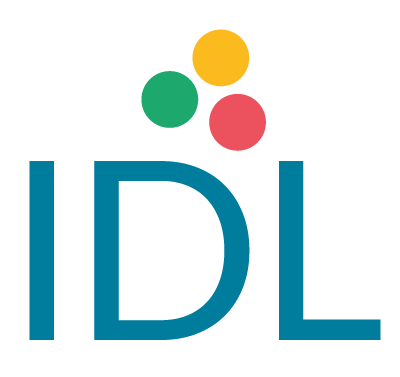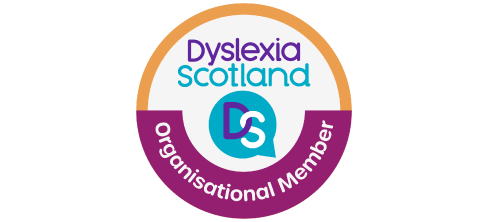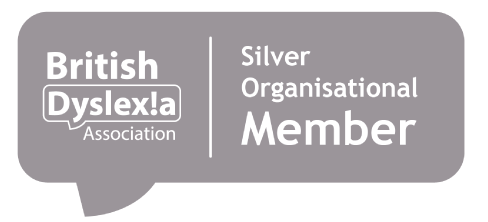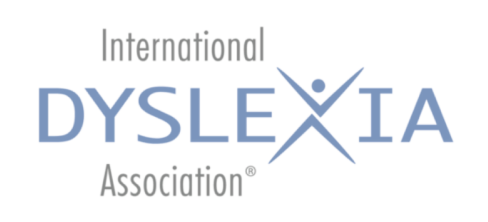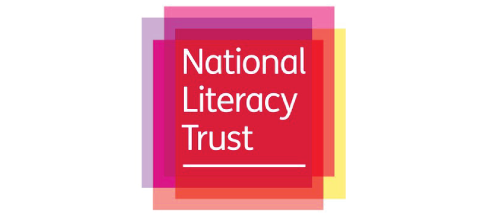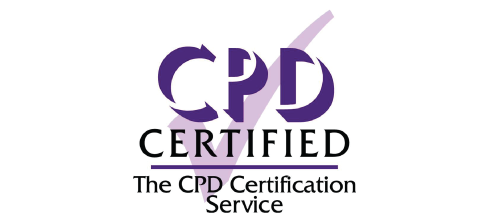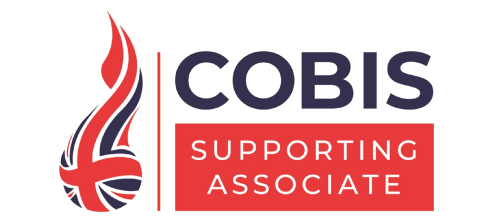This was for a period of ten weeks with a focus on Number Place Value Addition and Subtraction. Schools selected pupils who had identified Special Educational Needs (SEN) or who it was felt would benefit from a targeted maths intervention.
14 schools from across Birmingham took place in the pilot between April and July 2019.
Implementation
Schools were required to make the following commitments in order to take part in the pilot:
- Must commit to training and regular timetabled usage of IDL
- Minimum of 10 pupils to take part
- Had to attend a half day training session
- Pupils would use IDL for a minimum 4 x 15-minute sessions per week for a total of one hour per week
- Schools had a maximum time of 15 weeks with access to the programme but were only required to complete 10 weeks of intervention
- Schools needed to use the Birmingham Maths Toolkit to track progress to provide pre and post assessment information
- Computer and headphones were required with internet access.
Schools were asked to track pupils using the following threads of Birmingham’s Maths Toolkit focussing on the number element of the descriptors:
- Number and Place Value
- Addition
- Subtraction
Of the fourteen schools that completed the pilot ten were primary and four were secondary.
Assessment
Schools were asked to track pupils using the Birmingham Maths Toolkit. For the full academic year it is considered:
2 Bands progress – the pupil maintains the current gap between them and their peers.
3 Bands progress – ‘accelerated’ progress and the pupil will begin to close the gap between them and their peers.
As the pilot took place over the equivalent of 10 weeks then any progress identified on the threads was considered as accelerated (‘closing the gap’) progress.
Analysis of Results
The results were analysed through the comparison of pupils with different criteria and the number of bands of progress made on the Birmingham Maths Toolkit whilst using IDL. The different criteria included:
- Gender – 57% were girls and 43% boys
- SEN/no SEN – 69% of participants were identified as SEN and 26% as not having SEN needs
- EHCP – 5% of participants were identified as having an Education Health and Care Plan
- Pupil Premium – 60% of participants were eligible for this additional funding
- Ethnicity – Data regarding ethnic groups was provided for 205 of pupils in the pilot. Of this 34% – White British/English
